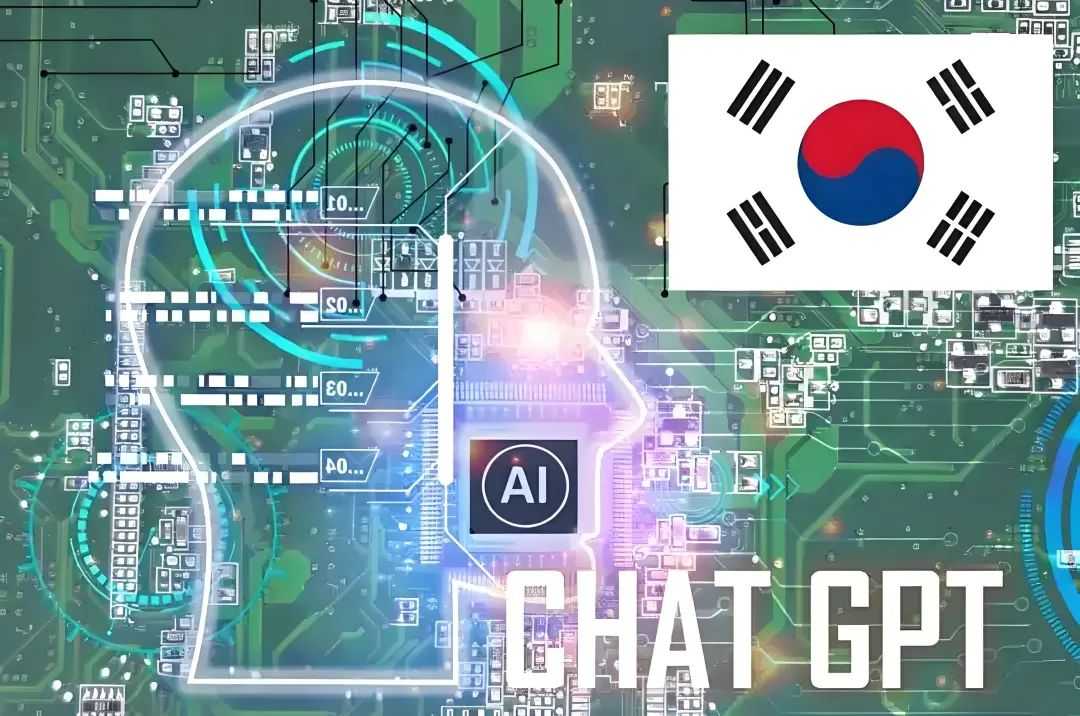Beyond the laboratory, the application of AI in society is also expanding. In the educational field, intelligent error - correction tools have been introduced. These tools can analyze students' assignments and test papers in real time, quickly identifying errors and providing detailed correction suggestions. This not only helps students improve their learning efficiency but also enables teachers to better understand students' learning situations and adjust teaching plans accordingly. In the medical industry, AI is used to optimize the pathological diagnosis process. By analyzing a large number of pathological images and patient data, AI algorithms can assist doctors in making more accurate diagnoses, reducing misdiagnosis rates, and providing more timely treatment plans for patients.
Local governments are also using AI chatbots to improve administrative service efficiency. The chatbots can answer citizens' common questions about public services, such as those regarding social security, housing, and transportation, providing 24 - hour online services. This allows citizens to obtain information more conveniently and quickly, while government departments can also save administrative resources and improve work efficiency. As AI technology continues to develop, it is expected to bring more changes and innovations to various fields of society.










